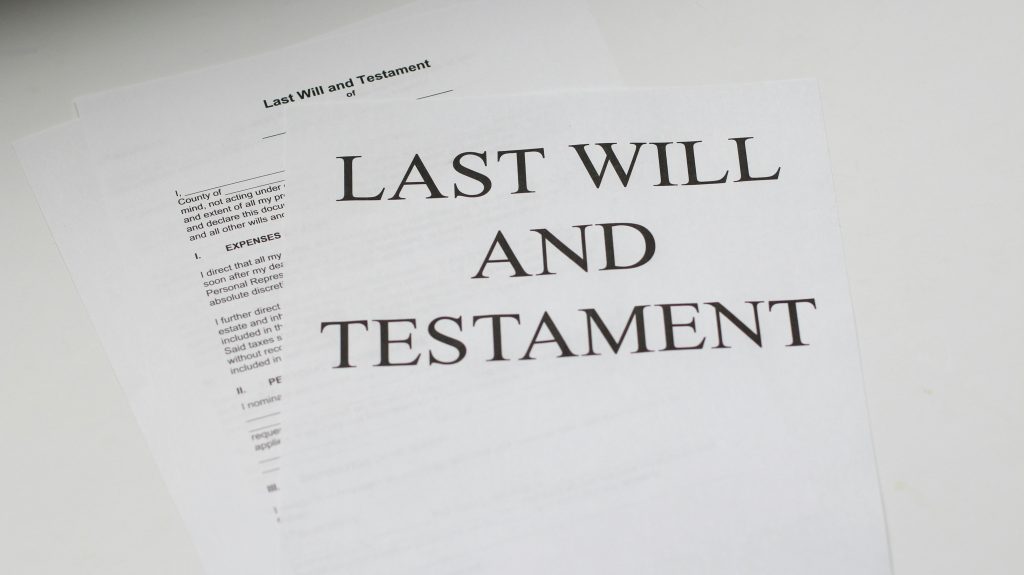The High Court has upheld a woman’s challenge to a will allegedly made by her late father, finding that the defendants had failed to establish on the balance of probabilities that it was genuine.
The will had purportedly been executed in 2019, the year before the man died. It named an acquaintance of his as the sole beneficiary and expressly excluded his daughter from inheriting any part of his estate. His daughter brought proceedings against the beneficiary and the executor, a close friend of the man, challenging the will’s authenticity on the basis of fraud. She said that she had enjoyed a good relationship with her father and was unaware, or only dimly aware, of the existence of the beneficiary. The beneficiary, on the other hand, described his relationship with the man as having been akin to that of a close a family member.
In the Court’s judgment, the circumstances surrounding the alleged execution of the will were sufficient to arouse suspicion. There were no documentary records relating to the execution of the will. No reason had been suggested why he would draft the will himself and give it to the executor to hold, rather than using his solicitors. There were also inconsistencies in the executor’s evidence. The will referred to properties the man owned in Pakistan, when there was no evidence that he had ever had any assets there. The onus therefore fell on the defendants to prove that the will was genuine.
The Court considered that they had failed to do so. Firstly, there was an unexplained absence of any documentary evidence, such as phone or computer records, that the defendants could have been expected to produce as evidence of the matters on which they relied, and which could have conclusively proved their case. Secondly, the evidence did not come close to establishing the close quasi-familial relationship the beneficiary claimed to have had with the man, which he had specifically relied on to account for the terms of the will. There were also a number of unexplained discrepancies and inconsistencies concerning the late production of the will following the man’s death.
It was hard to understand why the man would have referred to properties owned in Pakistan in the will. No explanation had been provided for that mistake and, importantly, it was not denied that it was a mistake. In the Court’s view, the most likely answer was that the will had not been written by him, at his direction or with his knowledge. If the Court had had any hesitation in concluding that the defendants had failed to discharge the burden of proof, that last factor would have sealed such a conclusion.
